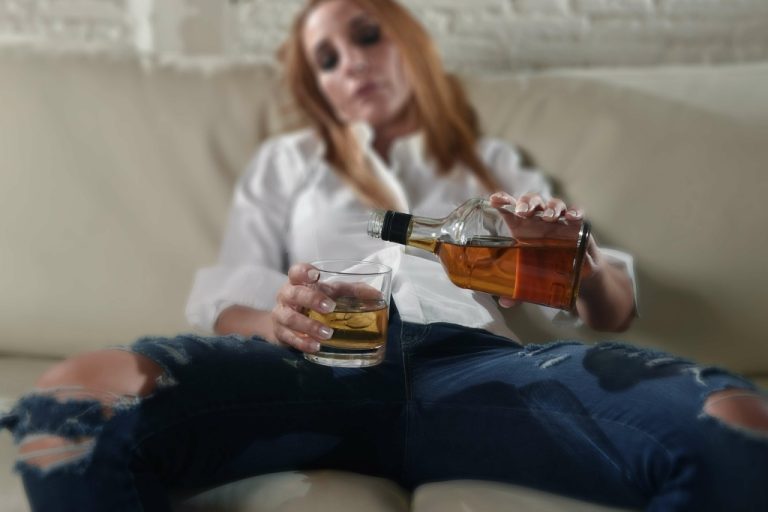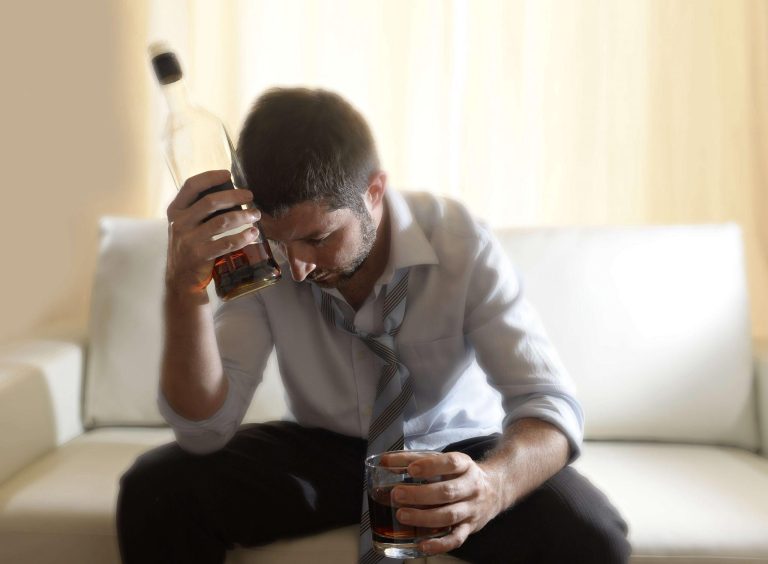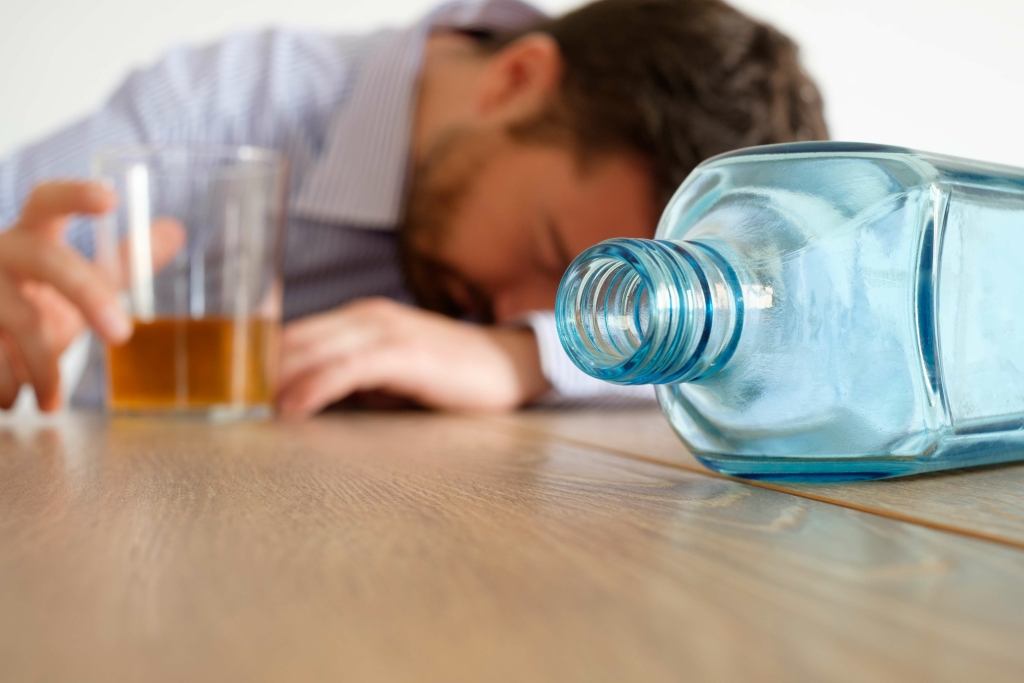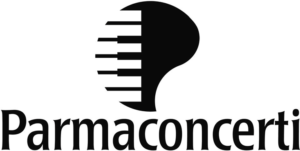Alcohol Withdrawal: Symptoms, Treatment and Alcohol Detox Duration
They can help you decide if tapering is the safest option for you. AW syndrome varies significantly among alcoholics in both its clinical manifestations and its severity. These manifestations1 can range from mild insomnia to severe consequences, such as delirium tremens (DT’s) and even death. Substantial variability also exists in the incidence with which symptoms occur in various drinkers. Some people who regularly consume alcohol never experience any withdrawal symptoms. As early as one week after http://dvdvideomarket.ru/shop/i213.dorogi_indii_-_caminho_das_indias_soundtrack_4_cd_.htm stopping alcohol, you will likely begin to see benefits.
- As with many self-detox methods, the risks and rewards go hand in hand when attempting to overcome an alcohol substance use disorder.
- Patients with alcohol hallucinosis see, hear, or feel things that are not there even though they are fully conscious and aware of their surroundings.
Mixing Weed and Alcohol: Effects and Risks
People who drink within the recommended guidelines have a much lower risk of developing problems. In fact, according to the National Institutes of Health, only two out of every 100 people who drink within the guidelines have an alcohol http://www.dickmeitz.com/News/hud-tucson use disorder. This article briefly reviews the mechanisms, clinical features, and management of AW. The article also discusses how the treatment of AW can be linked to the treatment of alcohol dependence and any co-occurring or underlying disorders.
ways to curb your drinking
- Studies show support groups play an instrumental role in helping people develop healthy social networks that result in continued sobriety.
- Life Kit’s here to help you start — and continue — this year feeling refreshed, motivated and well cared-for.
- There are so many options for cutting back or quitting alcohol it’s hard to know what will be most effective.
- You might reach for alcohol when you’re really just thirsty, says Crews.
- If you are still experiencing withdrawal symptoms after three days, talk to your healthcare provider.
When you quit alcohol after using it consistently, your body spends about a week to a week and a half adjusting to its absence. This can create dangerous withdrawal symptoms but will typically fully resolve within two weeks. There are many options if you are trying to reduce your drinking and no single strategy works for everyone. The best approach is to start with something that looks appealing and feasible to get the outcomes you are looking for.

You May Live a Longer Life

Sessions are usually once a week with a qualified professional, such as a psychologist. Counseling is suitable for any level of drinker who is trying to make changes. If your doctor thinks you might be going through alcohol withdrawal, they’ll ask you questions about your drinking history and how recently you stopped. They’ll want to know if you’ve ever gone through withdrawal before. When you constantly have some alcohol in your bloodstream, you will not think as clearly.

Moderation also fills a treatment gap that can support people looking to reduce their alcohol intake for whatever reason – health, money, relationships – without asking for total abstinence. For those who may be developing dependency, moderation can be the first step to getting more serious help. If you’re living with alcohol use disorder, treatment at a medical rehabilitation facility is your best option. Through therapy, support groups and medication, you’ll be supported on your path to recovery. But if you’re living with alcohol use disorder, drinking is more than a habit. People with alcohol use disorder can’t stop drinking even when it causes problems, like emotional distress or physical harm to themselves or others.
Within just a month of not drinking, your body can begin to reap the benefits. Your liver can start to heal, your risks of heart disease and cancer go down, and you may begin to sleep better. You may not need to completely reinvent your life to quit drinking, but making a few changes in your surroundings to help avoid alcohol triggers can make a big difference. Stopping alcohol use is the first step of the recovery journey, but staying sober for longer and longer periods is the goal.

Remember that the journey to recovery from AUD is individualized and may involve several attempts at cutting back or stopping drinking. Any goal, whether moderation or abstinence, is a step in the right direction. As much as possible, focus on the positive and avoid shaming your loved one for setbacks. Groups like Al-Anon provide support to people whose families have been impacted by addiction. If you find that you struggle to reduce your alcohol consumption, you may have already developed an alcohol use disorder. You may need to try to quit https://cenzure.net/pagescat/5/1100/25/ drinking altogether or seek help to quit.
Alcohol withdrawal can be fatal

Taking a break from drinking, even for a month, allows your body to recover from the effects of alcohol. Improved sleep quality is a notable outcome, as alcohol disrupts normal sleep patterns and can contribute to insomnia. Other benefits include lowered blood pressure, weight loss, a healthier complexion, enhanced mental clarity, improved mood, reduced anxiety, and better liver function. The decision to give up alcohol, even temporarily, is an intensely personal journey. For many people, a month without drinking can lead to improvements in health and wellbeing.
- By gradually tapering off alcohol, you can lower your risk for alcohol-related accidents or death.
- Similarly, seizures and DT’s may be confused with other conditions that should be excluded during initial assessment.
- More time to meet new people, catch up with old friends and try new things.
- It is usually better to stop altogether (“cold turkey”) as long as you have medical support.
The physical symptoms of withdrawal will be past their worst for most people, and the benefits of quitting alcohol will start to be noticeable. If you experience mild to moderate dependence, every time you have a drink it can become a trigger to drink more. So it’s sometimes easier to increase drink-free days, rather than reducing the quantity on drinking days, or to quit altogether for a period of time.


